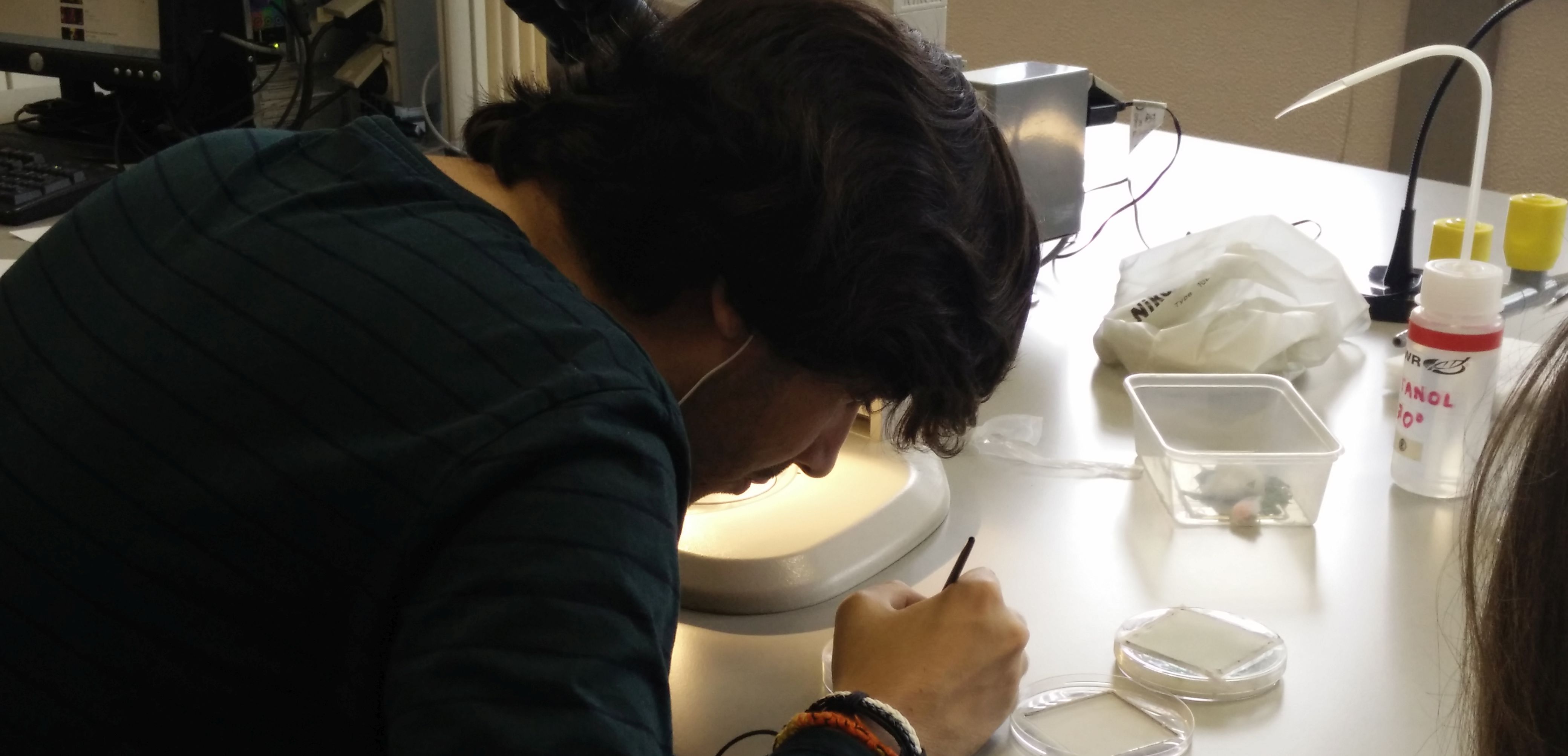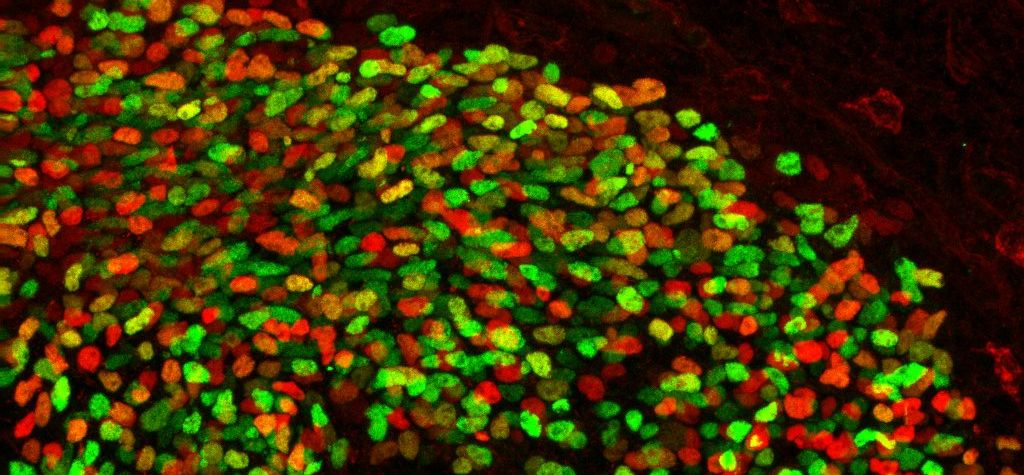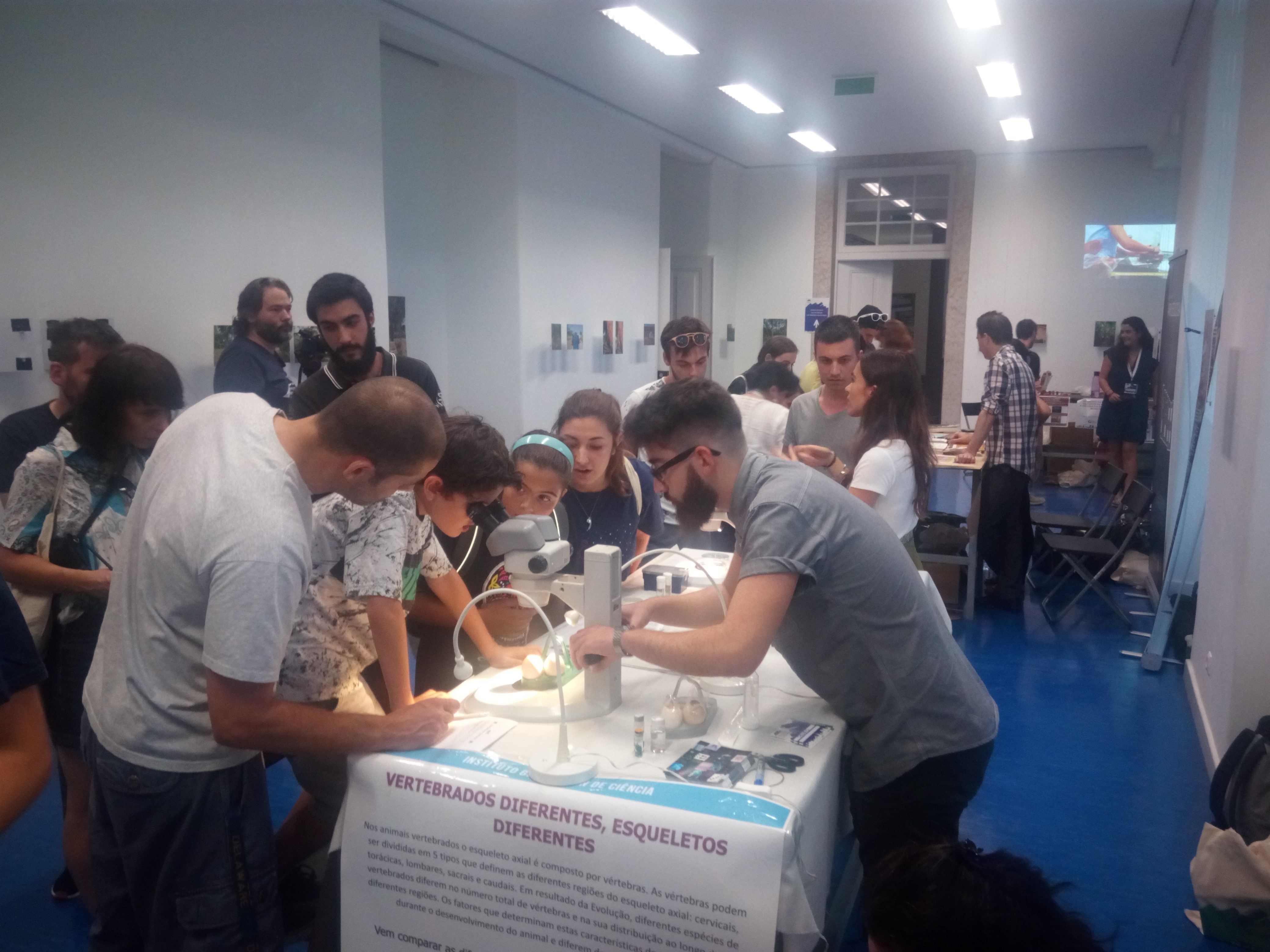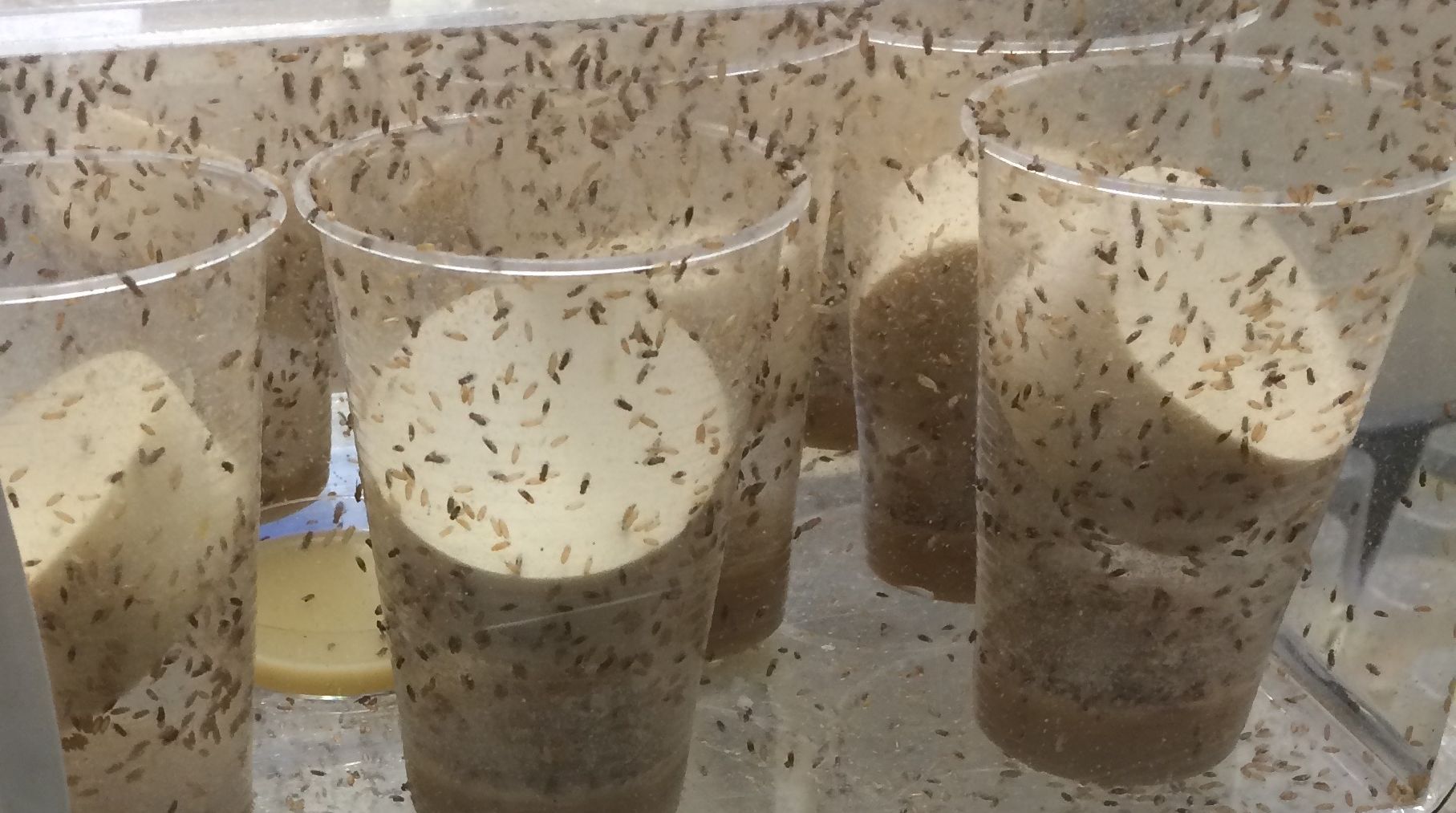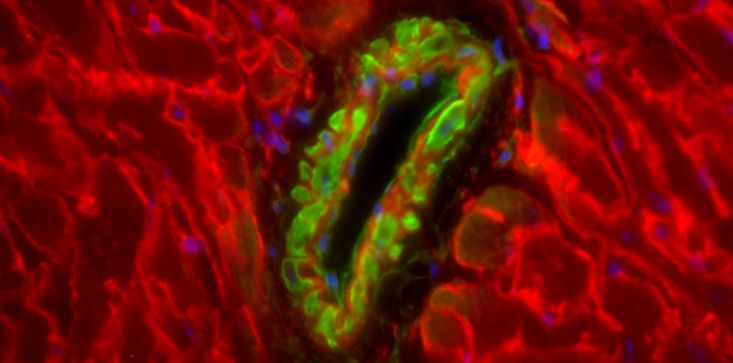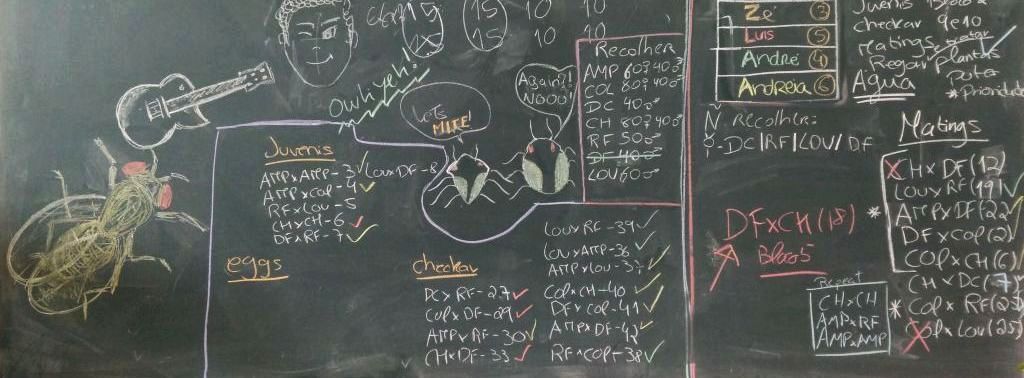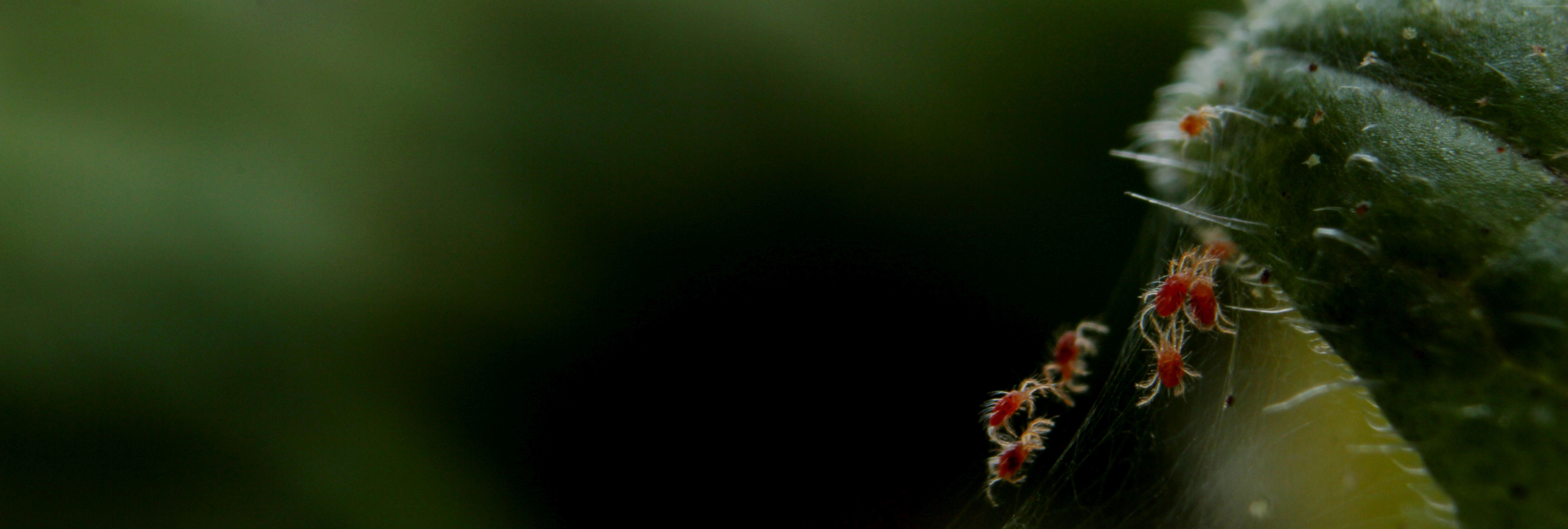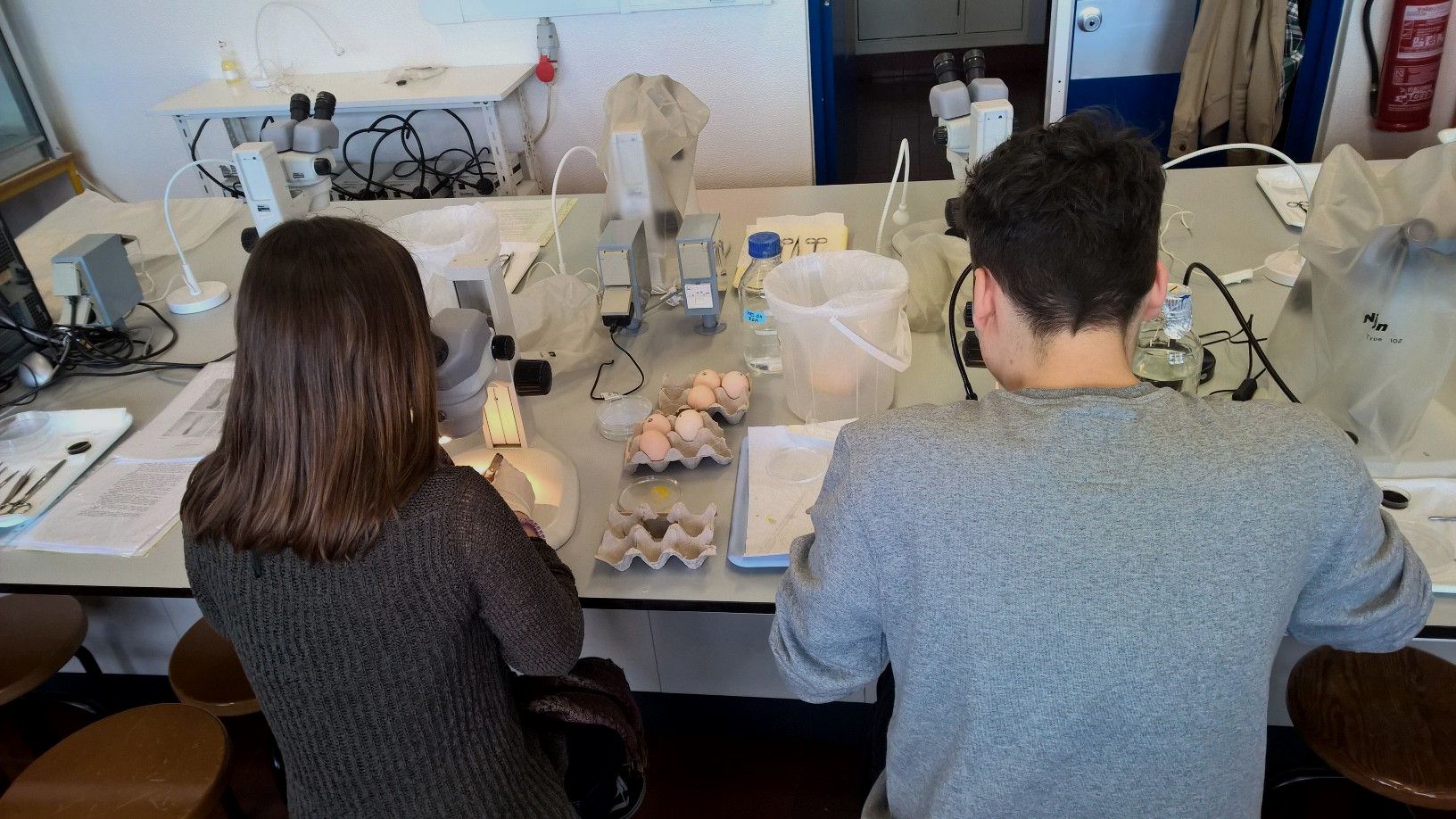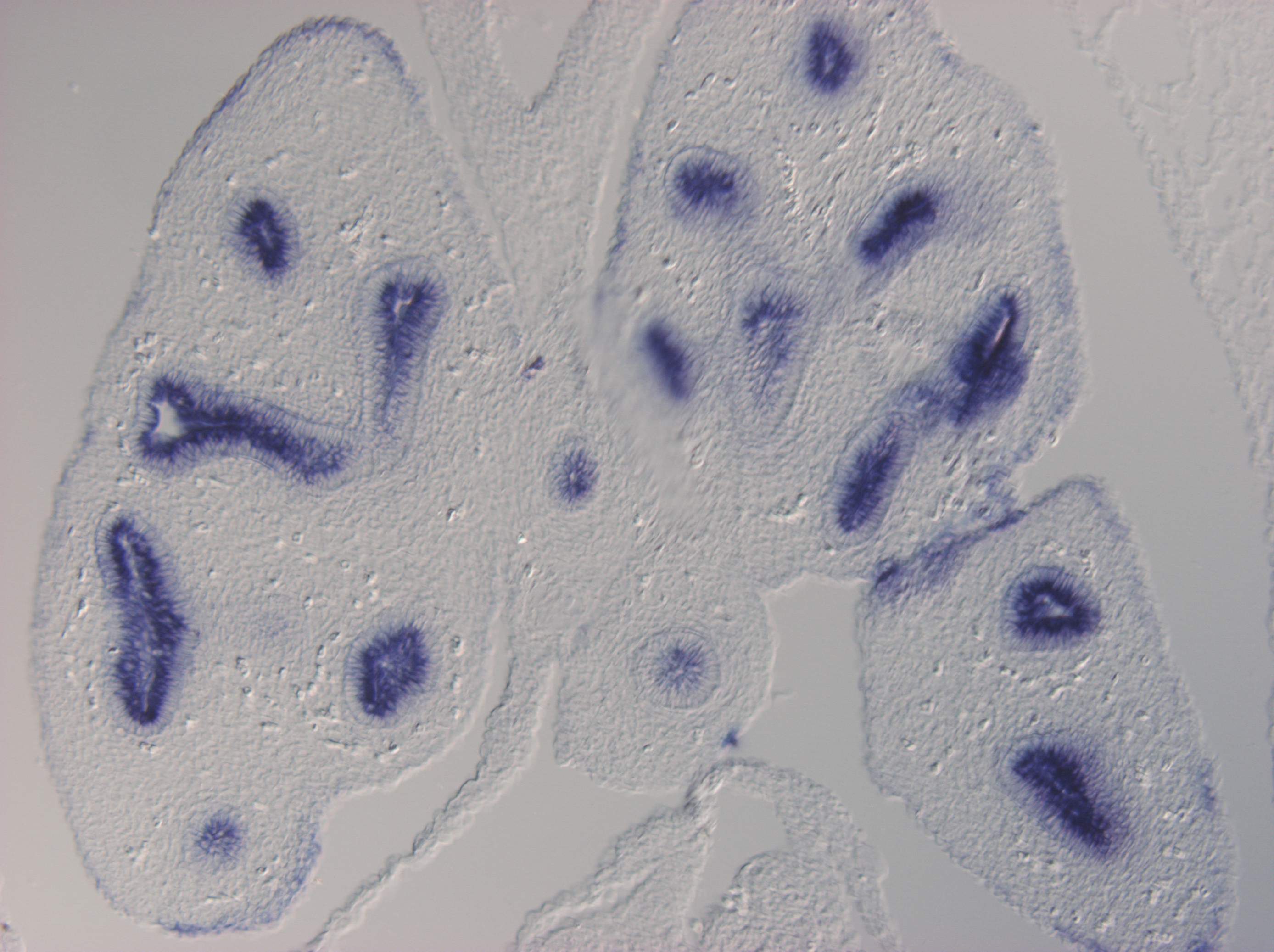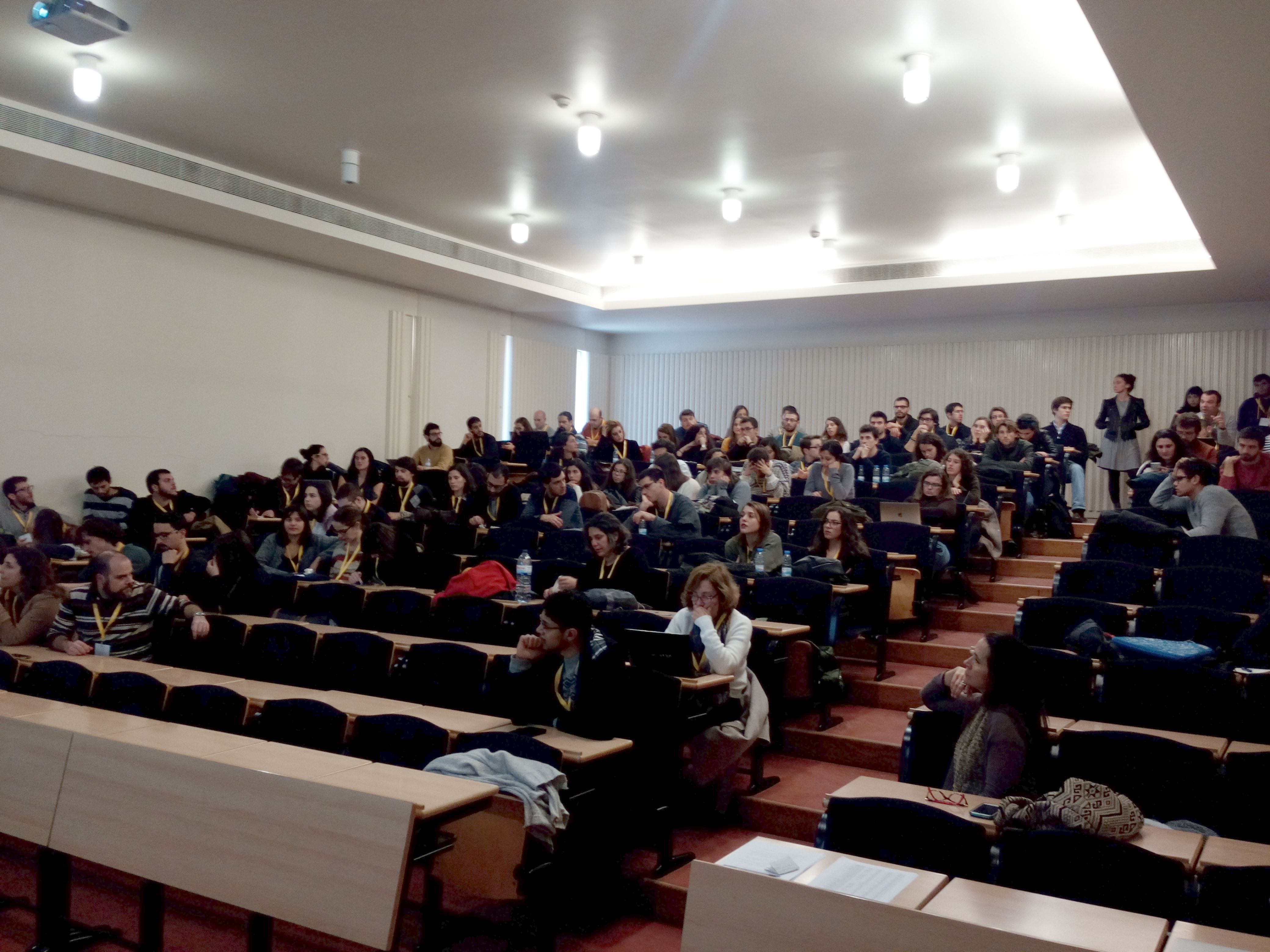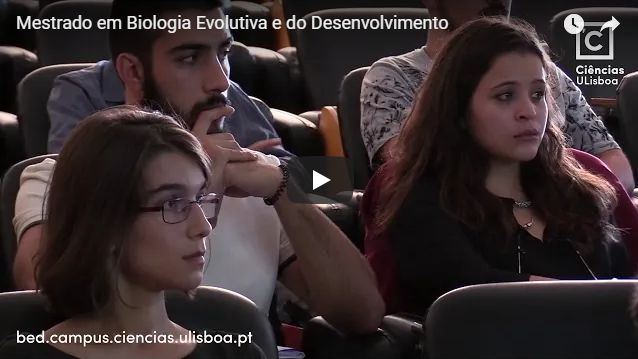The Master in “Organismal and Evolutionary Biology” (formerly known as “Evolutionary and Developmental Biology”) aims to provide an integrated view of biology from an organism-centered perspective, connecting concepts at various levels of biological organization: molecular, cellular, organismal and populational, from bacteria to humans. The study of Evolution provides a unifying and explanatory vision of the living world, revealing the mechanisms underlying its formation and providing conceptual tools to better prepare the future. The integrative approach adopted by this Master, both in its contents and in its practices, prepares students to face the present societal challenges and seek solutions, from regenerative medicine to cancer, from biological invasions to the effects of climate change. The Master’s provides its students with a solid conceptual and technical preparation, developing their critical and analytical skills, essential to the pursuit of a research career in its fundamental and applied aspects, in cutting-edge areas of biology and biomedicine.
From 2023/2024 on, the Master has a new structure, allowing students to choose one of two profiles, according to their preferences. As such, during the 1st year of the Master, in each semester, all students take common subjects, designated BLOCK A, in a total of 12 ECTs; and one of two alternative BLOCKS, called BLOCK B (Evolution oriented) or BLOCK C (Organism oriented), in a total of 12 ECTs; finally they choose free options, in a total of 6 ECTs. In each semester, students can choose either BLOCK B or BLOCK C (e.g., BLOCK B in first semester and BLOCK C in the second), and the options of one block might include courses from the other block, provided that the schedules are compatible. In the 2nd year, in addition to the discipline Project (3 ECTs), students prepare their master’s thesis (57 ECTs).
Below is shown an example of how the OEB Master calendar may be organized:
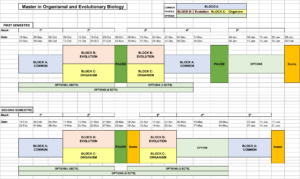
The graduates of this MSc programme have been successful in finding positions in a variety of areas, both in Portugal and abroad.
See the video:
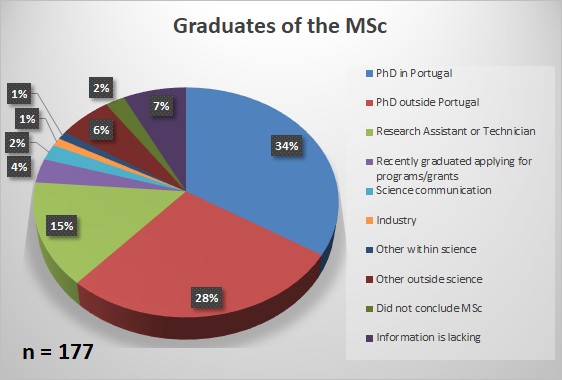
Click here to see the Master’s theses of our graduates.
